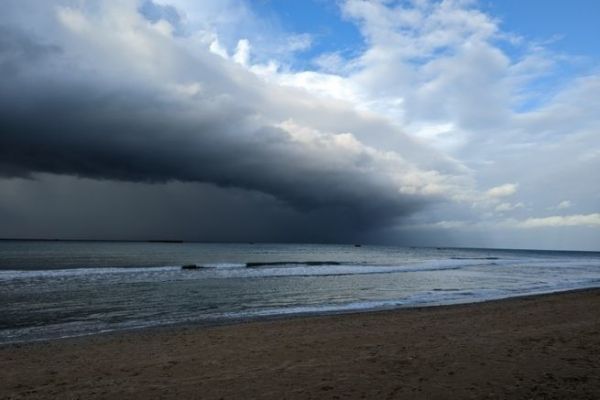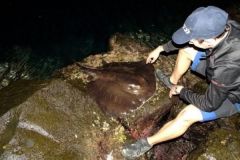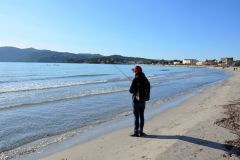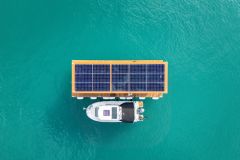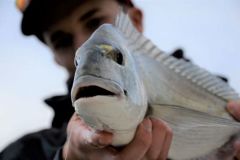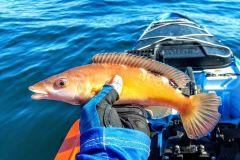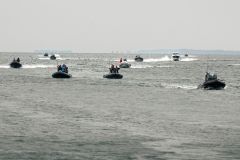Understanding the tides
Tides are periodic movements of rising and falling sea level, caused mainly by the gravitational pull of the Moon and, to a lesser extent, the Sun. They occur twice a day, with a high tide and a low tide. Spring tides, which occur during new and full moons, are characterized by a greater amplitude, while neap tides, during the first and last quarter moons, have a smaller amplitude.
The impact of tides on fish behaviour
Tides strongly influence fish behavior. On rising tides, water floods shallow areas, bringing with it nutrients and prey. Fish follow these currents to feed, making these periods ideal for fishing. Conversely, during ebbing tides, fish may gather in deeper areas or around underwater structures, seeking to conserve their energy.
Slack water, when the sea level remains relatively stable for about an hour, can be calmer. However, just before and after slack water, currents can be stronger, encouraging fish to move and feed actively.
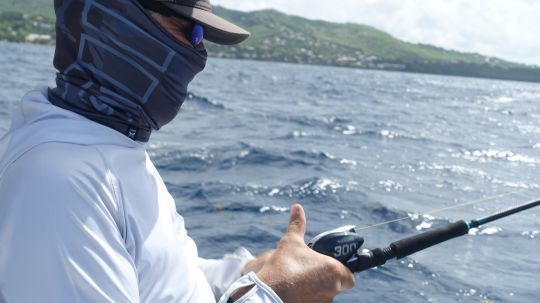
Tide-adapted fishing techniques
To maximize your chances of success, it's essential to adapt your fishing techniques to the tides.
- Rising tide fishing : take advantage of this period to fish in areas flooded by the tide. Use surface lures or light baits to target fish that are actively hunting. Rising currents often bring prey to coastal structures, attracting predators.
- Fishing on an ebb tide: when the tide goes out, focus on deeper areas and underwater structures such as rocks and wrecks. Fish often seek refuge in these areas. Use heavier lures or live bait to reach fish at depth.
- Slackwater fishing : although slack water is often a calm period, the times just before and after can be very productive. Fish may be more active as the current changes. Use slow fishing techniques, such as trolling, to target resting fish.
Using tidal coefficients
Tidal coefficients indicate the amplitude of the tides. A high coefficient means a large difference between high and low tide, which can lead to stronger currents and increased fish activity. To plan your fishing trips, consult tide calendars or use mobile apps that provide accurate forecasts. Choose days with high coefficients to increase your chances of catching fish.
Tide tracking tools and resources
To make the most of the tides, equip yourself with the right tools.
- Tide calendars : available online or in brochure form, they provide daily tide forecasts for your area.
- Mobile applications : applications such as Navionics or My Tide Times offer real-time forecasts and tide alerts. They are indispensable for planning your fishing trips. Others, such as Christian Guine's Tide, are perfect and free
- Practical tips: note which tide periods have been most productive for you and adapt your techniques accordingly. Observation and experimentation are key to becoming an accomplished fisherman.
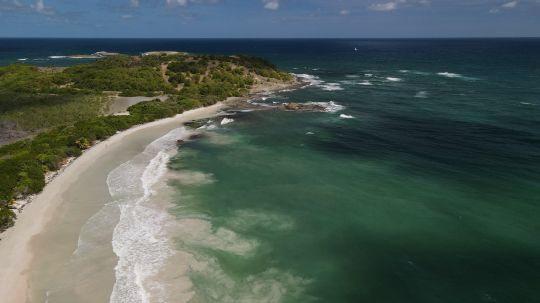
Understanding the impact of tides on fishing is essential for any sea angler. By observing water movements and adapting your techniques, you can turn every outing into a successful adventure. Whether you're a beginner or an experienced angler, studying the tides will give you a new perspective on fish behavior and help you improve your skills. So get your gear ready, check the tide forecasts, and embark on this exciting exploration of the marine waters!
By following these tips and keeping an eye on the tides, you'll be better prepared to make the most of your sea fishing trips.

 /
/ 